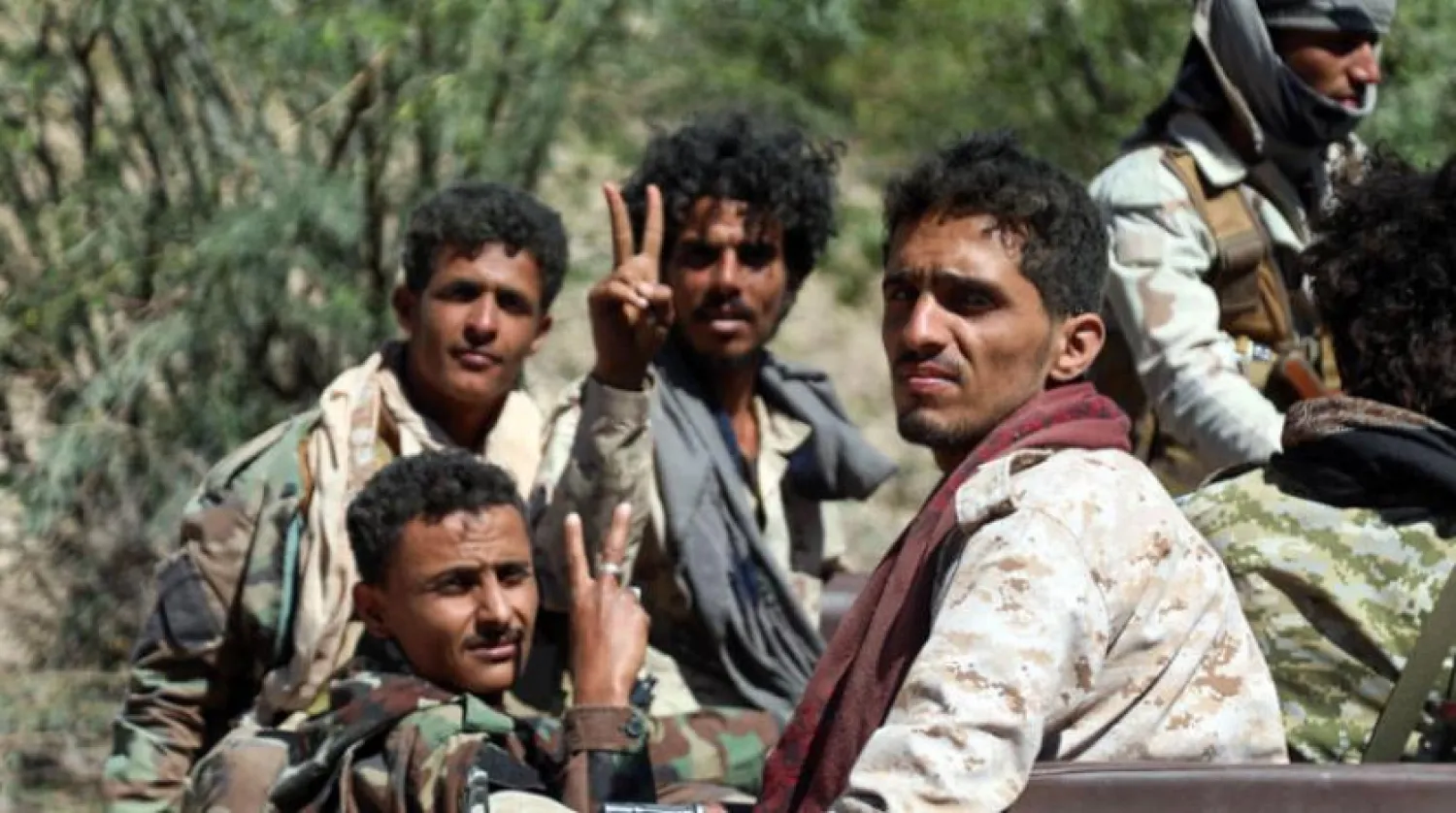The Yemeni army continued to make advances in the battlefronts in the Marib, Taiz and Hajjah provinces dealing the Iran-backed Houthi militias heavy losses.
Military media said at least 250 Houthis were killed in the fiercest battles yet to take place in the three provinces.
Defense Minister Mohammed al-Maqdashi stressed on Tuesday that the legitimate authorities were determined to restore the state’s authority and end the Houthi coup.
The people, armed forces and legitimate leadership are determined to defeat the militias and liberate the Yemenis from the crimes, violations and suffering imposed by the terrorist Houthis, he added as he toured the al-Kasara frontlines west of Marib.
He said that the Houthis had amassed all of their forces, tanks and weapons, some of which they had seized and others which were provided by Tehran, towards their final stand on the border between Marib and al-Jawf.
Their forces, however, have fallen before the perseverance of the army, he declared.
On the ground, the military managed to turn around Houthis lines in al-Kasara and cut their supply routes amid heavy fighting and coalition air strikes that destroyed the militias’ reinforcements.
A field source said at least 80 Houthis were killed and dozens wounded in the fighting. The coalition destroyed six Houthi vehicles that were bringing in reinforcements, killing everyone on board.
In Hajjah, military media said 28 militants were killed during battles with the army on the Abs district front. Field sources estimated that some 100 Houthis have been killed in two days of fighting there.
Meanwhile, military sources said the army has made significant advances on the Jabal al-Habshi front west of Taiz amid a complete collapse in Houthi ranks. The forces launched a widescale attack on the al-Ainain front, liberating several areas.
Dozens of Houthis were killed and injured in the fighting.
The army underlined the importance of regions that were liberated north of Jabal al-Habshi, saying that they overlook the main route (Hajda-al-Ramada) that connects Taiz city to the Hodeidah province.
Government forces in Taiz are seeking to capture the strategic town of al-Burj and complete the liberation of northwestern regions in the province.
In retaliation to their losses on various fronts, the Houthis fired a ballistic missile at residential neighborhoods in northwestern parts of Marib city.
Medical sources in Taiz said that Houthi shelling on villages in Maqbana left a child dead and another wounded.
Yemeni rights groups have said that Houthi ballistic missiles and armed drone attacks on residential and civilian areas in Marib have killed 918 civilians, including women and children.









